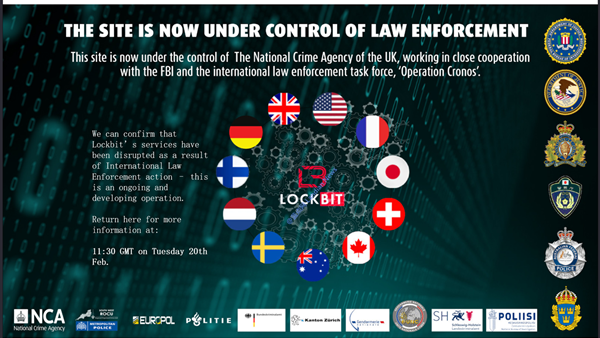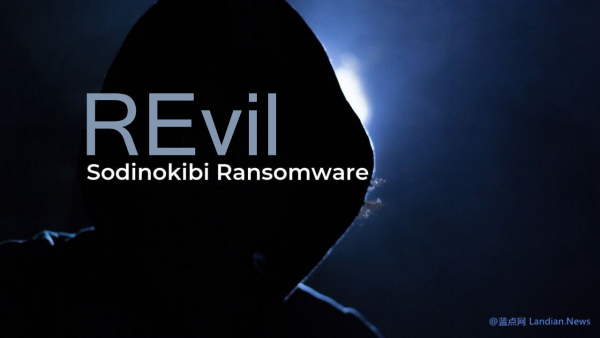Russia's Ministry of Digital Development Considers Taxing Businesses Using Foreign Software to Encourage Adoption of Domestic Alternatives
The Ministry of Digital Development, Communications, and Mass Media of the Russian Federation, responsible for overseeing telecommunications, mass media, and postal services and acting as the primary regulatory body for Russia's IT industry, has recently announced it is discussing the issue of Russian enterprises using foreign software. The measure under consideration involves imposing additional fees on these businesses to encourage the switch to Russian-made software.
This initiative is expected to have a broad impact across all sectors of Russian industry. The information technology field globally relies extensively on software developed in other countries, making it unlikely for businesses to use only domestic software. For instance, many Russian companies utilize software services provided by Microsoft, including Windows, Office, the enterprise suite of Microsoft 365, Dynamics 365 for market and customer management, among others.
The Ministry's approach aims to incentivize the adoption of Russian software by imposing charges on enterprises using foreign software, thereby generating more orders for Russian software developers and facilitating their profit and further development.
The Minister mentioned the necessity of creating additional economic incentives for businesses to transition to local Russian solutions, likely linked to certain tax incentives. If a company uses foreign software, a fee for using such software might be considered.
However, this notion seems somewhat flawed. Economic incentives typically involve providing financial subsidies to businesses, enabling them to switch to Russian-made software at a lower cost. Yet, the Ministry's strategy involves additional charges, which might not accurately be described as economic incentives.
Another point to note is that since the outbreak of war, the Western world has imposed multiple rounds of sanctions on Russia, especially in the field of information technology. As a result, the use of pirated software has become a common phenomenon in Russia, with the official stance being non-interventionist.










